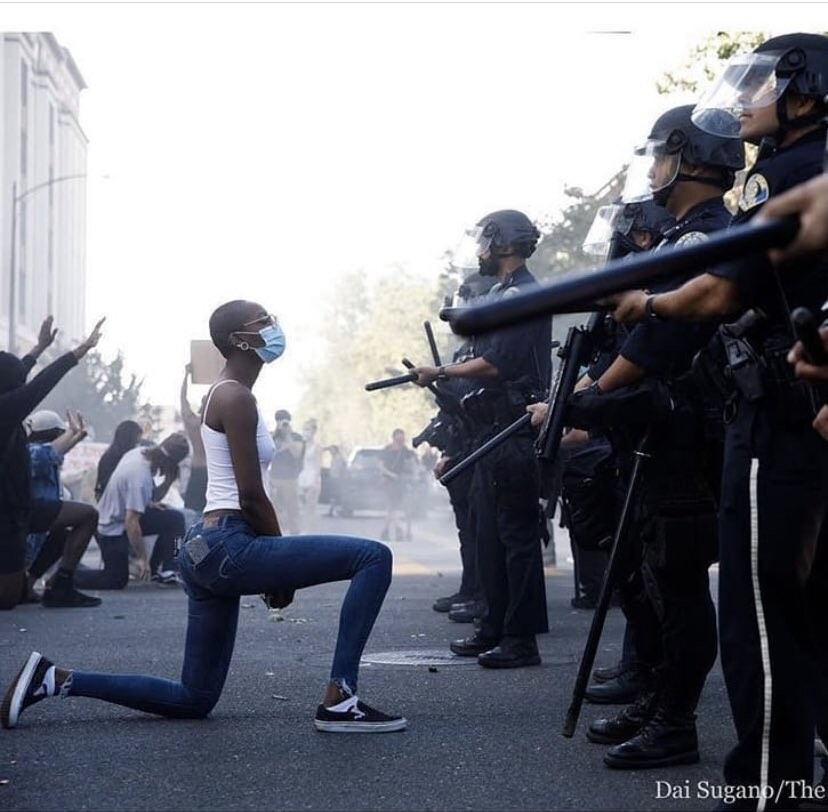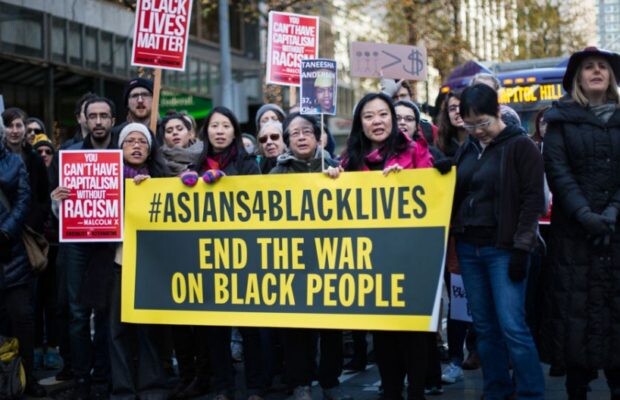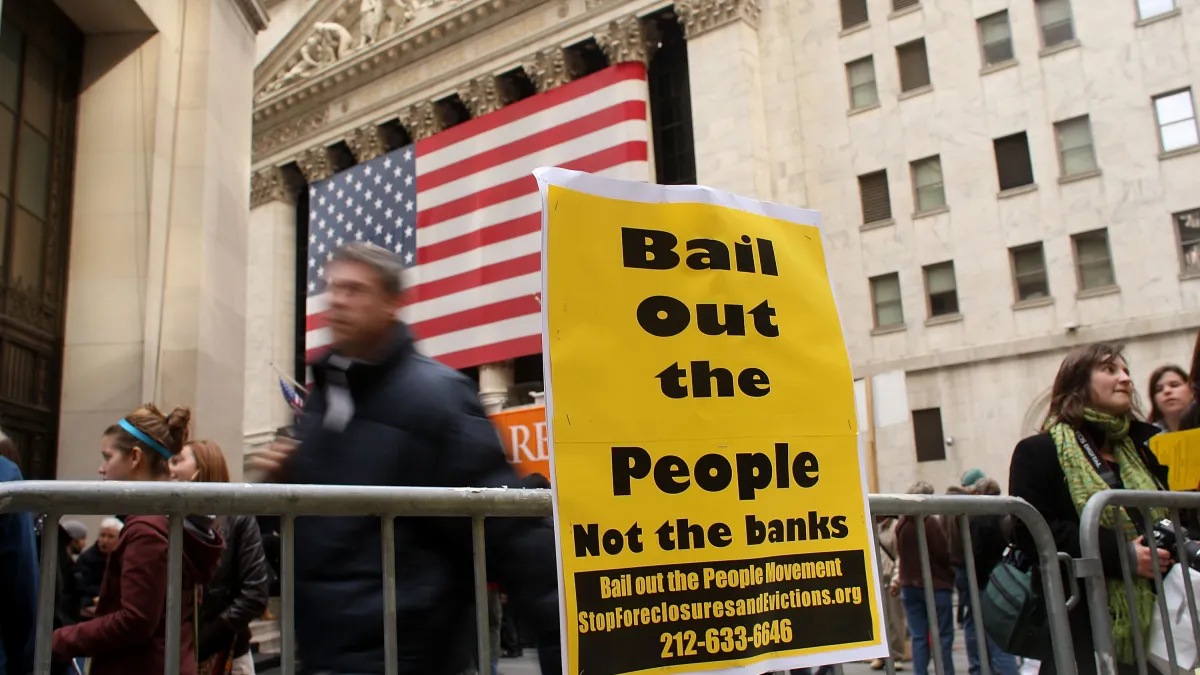In her poem “A Litany of Survival,” black lesbian warrior poet Audre Lorde begins by inviting readers to meet her “at the shoreline, standing upon the constant edges of decision.”
I want to think today about what it means to live at the shoreline:that place where the sand is subject to erasure. The shoreline is that murky place that is full of sentiment and residue. To speak of the “shoreline” is to speak of a place that is neither here nor there, but rather permanently lodged in the in-between. For those of us who sit at the shorelines of our social justice movements—we often find ourselves swimming in an epistemological sea of forgetfulness and in a political ocean of erasure.
We are Shoreline people: the people who are erased. #SayTheirName
We are Shoreline people: the people whose names you won’t remember. #SayHerName
We are Shoreline people: the people whose selves are multiple and whose identities are fractured. #SayTheirName
We are Shoreline people: the people whose backs the “movement” are built on. #SayHerName
For black women—-particularly queer and trans identified black women–the shoreline is that place where one constantly finds themselves “standing upon the constant edges of decision.” We can sense the epistemological essence of the “shoreline” in Lorde’s 1970 poem, “Who Said It Was Simple?”:
There are so many roots to the tree of anger
that sometimes the branches shatter
before they bear.
Sitting in Nedicks
the women rally before they march
discussing the problematic girls
they hire to make them free.
An almost white counterman passes
a waiting brother to serve them first
and the ladies neither notice nor reject
the slighter pleasures of their slavery.
But I who am bound by my mirror
as well as my bed
see causes in colour
as well as sex
and sit here wondering
which me will survive
all these liberations.
—-
What does it mean to keep showing up for movements that do not move for YOU? This is the ethical and pragmatic question that continues to haunt black women of cis and trans experience—as well as queer men of color. #BlackLivesMatter, though founded and rooted in black queer labor, continues to regulate non-cis, non-male, non-heterosexual voices to the shoreline.
Thus, part of the performative and political intervention of #SayHerName and #SayTheirName has to do with the extent to which they acknowledge, linger, and intervene at the shoreline.
Meet us in that place.
10/13 #SayHerName: Black Women, Intersectionality, and the Poetics of Black Feminist Organizing
Black Lives Matter is a movement grounded in the creative labor and organizing genius of black women. In this session we explore the feminist underpinmngs of BLM, and connect to a broader history of black feminist thought and practice. Special attention will be paid to #SayHerName, a national organizing campaign created by the African American Policy Forum under the leadership of black feminist legal theorist Kimberle Williams Crenshaw.
- Read:
*African American Policy Forum, Say Her Name: Resisting Police Brutality Against Black Women.
*Audre Lorde, Poetry Is Not a Luxury
*Audre Lorde, A Litany for Survival
*Kimberle Crenshaw, Mapping the Margins
Latest Posts
The Revolution Will Be Dramatized: Black Theater Now
February 1, 2023
Spring 2022 Black Women Artists
January 25, 2022
The Making of The Black Lives Matter Syllabus
June 11, 2020
43 Bail Funds You Can Support Right Now
May 31, 2020
Support Nationwide Bailout Funds
May 31, 2020






